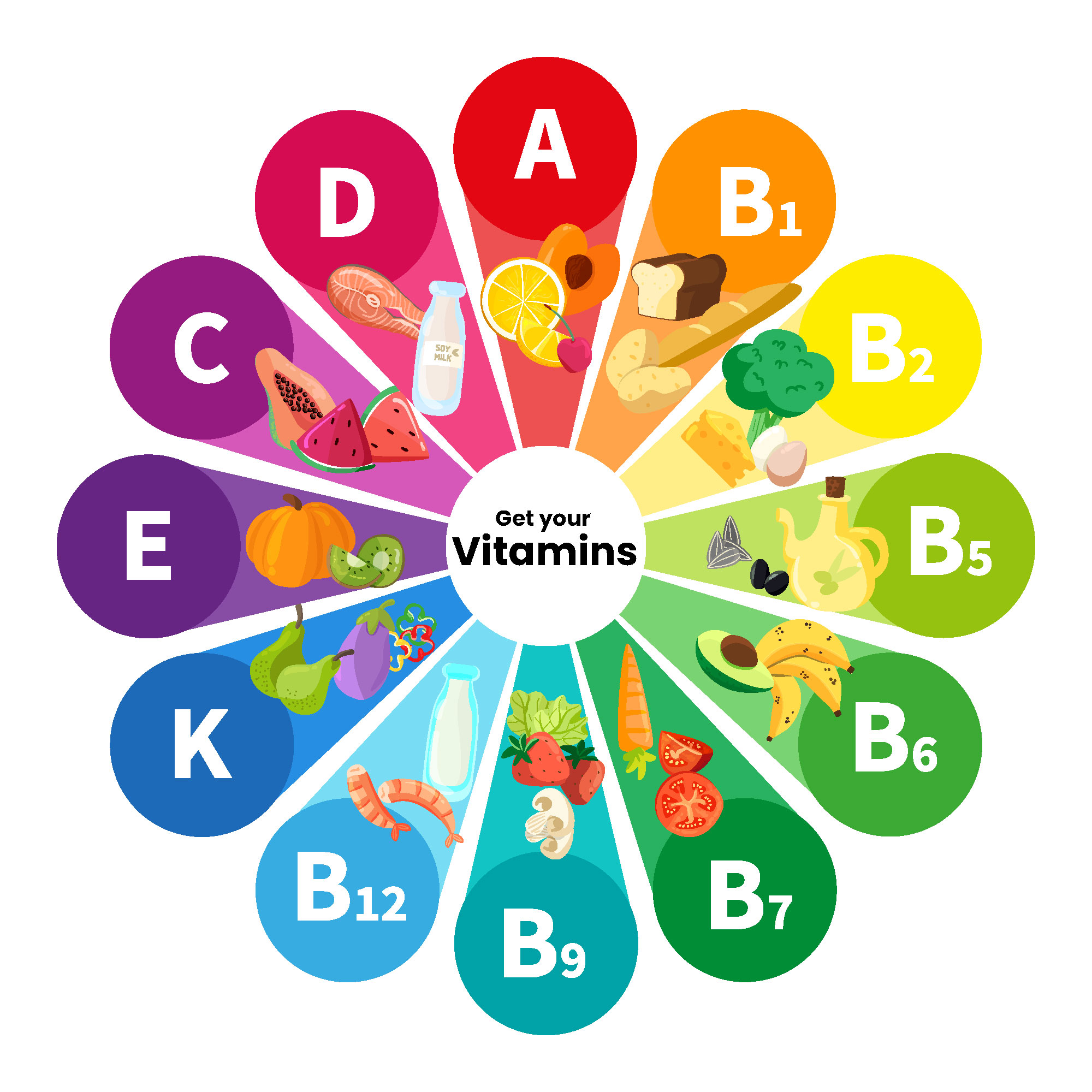The pursuit of longevity is a goal that many individuals aspire to achieve, often focusing on aspects such as diet, exercise, and preventive health care.
However, an often-overlooked element that plays a significant role in promoting a long and healthy life is the quality of our relationships. Research shows that strong social connections can profoundly impact our health and well-being, potentially extending our lifespan.
This article delves into how good relationships can contribute to longevity, highlighting the importance of social connections, emotional support, and community engagement.
Content
ToggleUnderstanding the Importance of Relationships
What Constitutes Good Relationships?
Good relationships encompass various forms of connections, including:
- Family relationships: Bonds with relatives that provide a foundation of support.
- Friendship: Connections with peers that provide emotional and social support.
- Romantic partnerships: Intimate relationships that offer companionship and understanding.
- Community ties: Connections formed within neighborhoods or social groups, contributing to a sense of belonging.
Each of these relationship types contributes uniquely to our emotional health and, as a result, affects our physical health.
The Science Behind Relationships and Longevity
Research in the field of social psychology and public health suggests that individuals with strong, positive relationships are more likely to experience better health outcomes and longer lives.
According to studies, the quality of relationships can influence factors such as stress levels, behaviors, and even biological processes related to aging.
The Mechanisms Connecting Relationships to Longevity
1. Emotional Support and Stress Reduction
The Role of Support Systems
Having a reliable support system is crucial for managing life’s challenges. Studies show that emotional support from family and friends can significantly reduce stress levels. Stress has been linked to numerous health problems, including heart disease, diabetes, and weakened immune function.
- Buffering Effect: Emotional support acts as a buffer against stressors, allowing individuals to cope with difficulties more effectively.
2. Healthier Lifestyle Choices
Influence of Social Circles
The people we surround ourselves with can profoundly impact our lifestyle choices. Healthy relationships often encourage healthy behaviors. For instance:
- Encouragement to Exercise: Friends and family who prioritize fitness can motivate you to adopt a more active lifestyle.
- Nutritional Support: Shared meals with loved ones can lead to healthier eating habits, as cooking and sharing nutritious meals foster better dietary choices.
3. Accountability and Encouragement
The Importance of Accountability
Good relationships often create a sense of accountability. When individuals feel supported by their social circles, they are more likely to stay committed to their health and wellness goals.
- Motivation: Friends and family who encourage you to maintain healthy habits can help you stay focused on your journey to longevity.
4. Reduced Risk of Mental Health Issues
Relationships and Mental Health
Social connections are critical for mental well-being. Strong relationships can help reduce feelings of loneliness and isolation, which are detrimental to mental health. Research indicates that loneliness and social isolation can lead to increased risks of depression and anxiety.
- Protective Factor: Good relationships act as a protective factor against mental health disorders, contributing to improved emotional stability and resilience.
The Impact of Relationships on Physical Health
1. Immune Function Improvement
Social Connections and Immunity
Positive relationships have been shown to have a direct impact on immune function. Individuals with strong social ties tend to have better immune responses, making them less susceptible to illnesses and infections.
- Biological Mechanism: Supportive relationships can reduce stress hormones, which, when elevated, can suppress immune function.
2. Heart Health
Social Groups and Heart Disease Risk
Research suggests that people with strong social networks are less likely to develop heart disease. Emotional support and social engagement lower blood pressure and contribute to better cardiovascular health.
- Reduced Stress: The stress-reducing benefits of good relationships contribute to heart health by lowering levels of inflammatory markers and stress hormones.
3. Longevity Studies
Findings from Longitudinal Studies
Longitudinal studies have consistently shown that people with close relationships tend to live longer than those who are isolated. The famous Blue Zones studies, which investigate regions with the highest life expectancy, highlight community and social engagement as critical components of a long life.
- Blue Zones: In areas like Okinawa, Japan, and Sardinia, Italy, strong family connections and community bonds are common among long-lived individuals.
Building and Maintaining Positive Relationships
Communication
The Key to Strong Relationships
Effective communication is vital for nurturing and maintaining relationships. Open and honest discussions create trust and emotional bonds. Here are some tips for improving communication:
- Active Listening: Show genuine interest in what others say, validating their feelings.
- Expressing Gratitude: Regularly acknowledge the people in your life and express appreciation for their support
We were made to love. Even if relationships are sometimes difficult, allow yourself to love.



